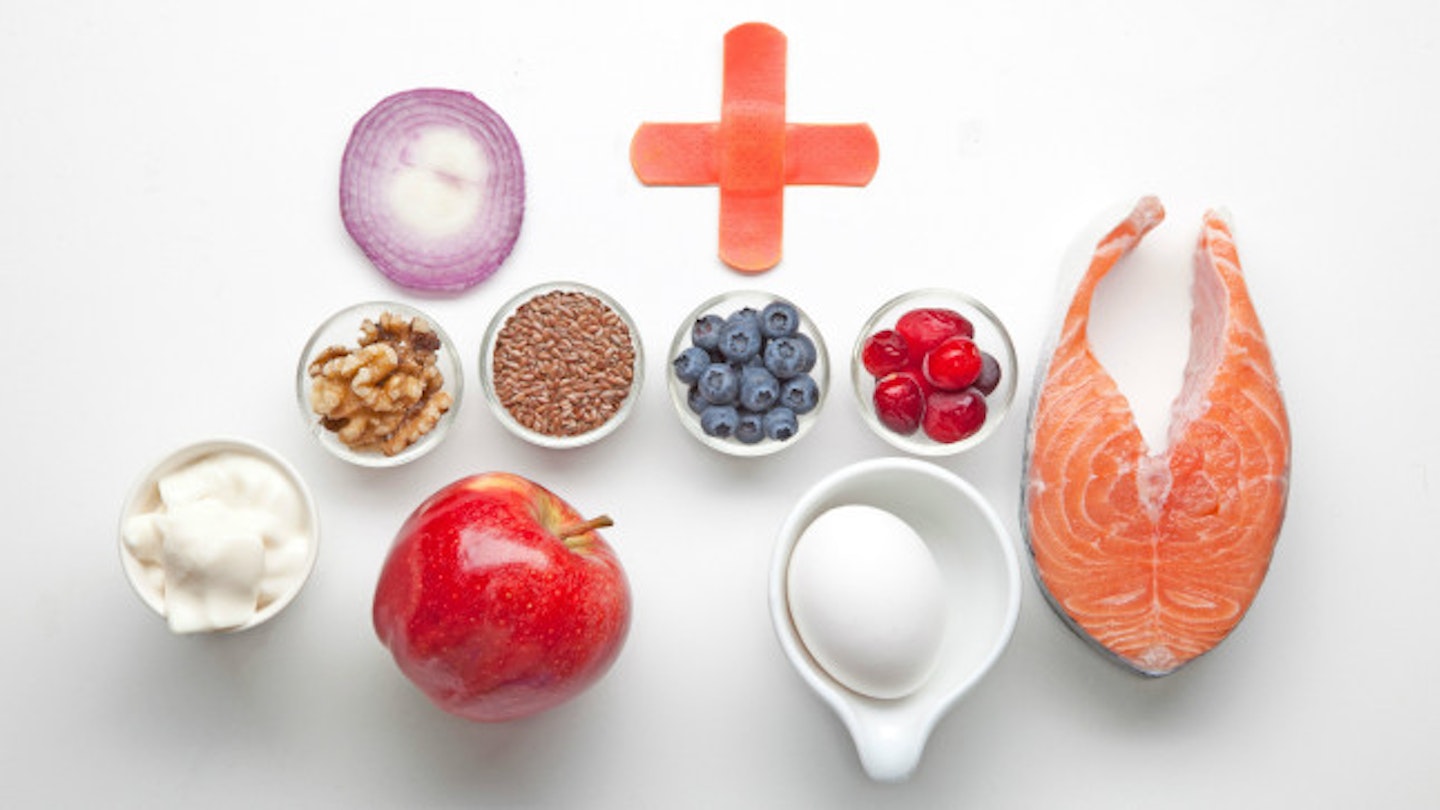Let’s face it, we all know what foods we should and shouldn’t be eating – we’re fully aware that we need to swap the pizza for pulses to get us feeling fit in 2016. But are you really aware of how much you should be eating? And we’re not just talking about sticking to regular mealtimes…
Here’s what you need to know about portions sizes – why they're important, how they can affect your health, and how you can learn to control yours this year.
What are they so important?
You all remember Supersize Me, right? Well, what we took from that was that portion sizes can have a huge impact on your health (and yes, we know the constant takeaways don’t help either).
But the point is, whatever you’re eating, it’s crucial to keep control over how much you’re consuming. A recent study showed that eliminating large portions completely reduces a UK adult's daily energy intake by 12-16%.
The researchers boldly stated that: “Reducing the size of large food portions, packaging and tableware” is “critical to tackling obesity.”
And oversized portions are increasingly becoming a problem. Dr. Sally Norton, NHS Weight Loss Consultant and Surgeon and UK Health Expert, explains:
“The average serving for a meal or snack is now at least 50% larger than 20 years ago. Hence it’s growing increasingly difficult to keep a reign on a healthy meal size."
But even if you’re not trying to shift the pounds, keeping an eye on your portions sizes is still important…
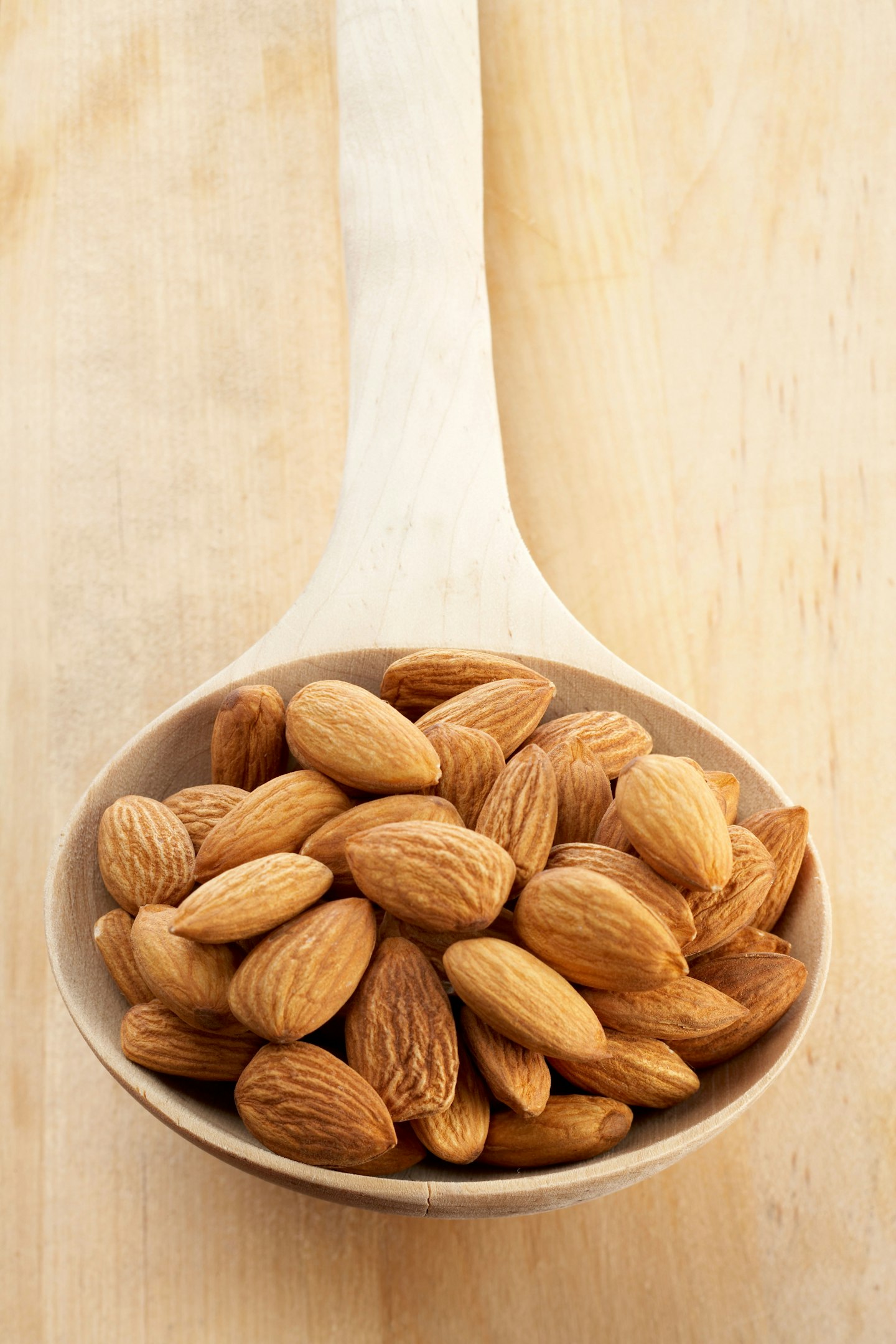
Do we need to limit our portions with healthy food?
Obviously, eating four apples in a row instead of four doughnuts is going to be better for you, but even when you’re eating the healthiest of foods, it is still a good idea to maintain portion control. It's good practice, and helps you get into the habit of not overeating.
Consultant Nutritionist Hala El-Shafie agrees: “Often the most common mistake people make is thinking that they can eat as much as they want of healthy foods - however if you're overeating, even if it's healthy foods, you may begin to gain weight.”
And Dr. Norton confers: “Studies show we are lulled into a false sense of security if we think food is healthy - and may overeat as a result.”
Even if you're following a diet or have certain dietary needs, it's good to stick with the recommended portion sizes per food group (listed below) as best as possible. For example, vegetarians shouldn't just double up on carbs.
Joe Wicks, author of The Body Coach reminds us:
"If you lead a certain diet, i.e. you’re vegetarian, you need to get your protein from sources other than meat, so eat lots of protein-rich foods like green leafy veg, tofu, nuts and pulses like black beans and almonds."
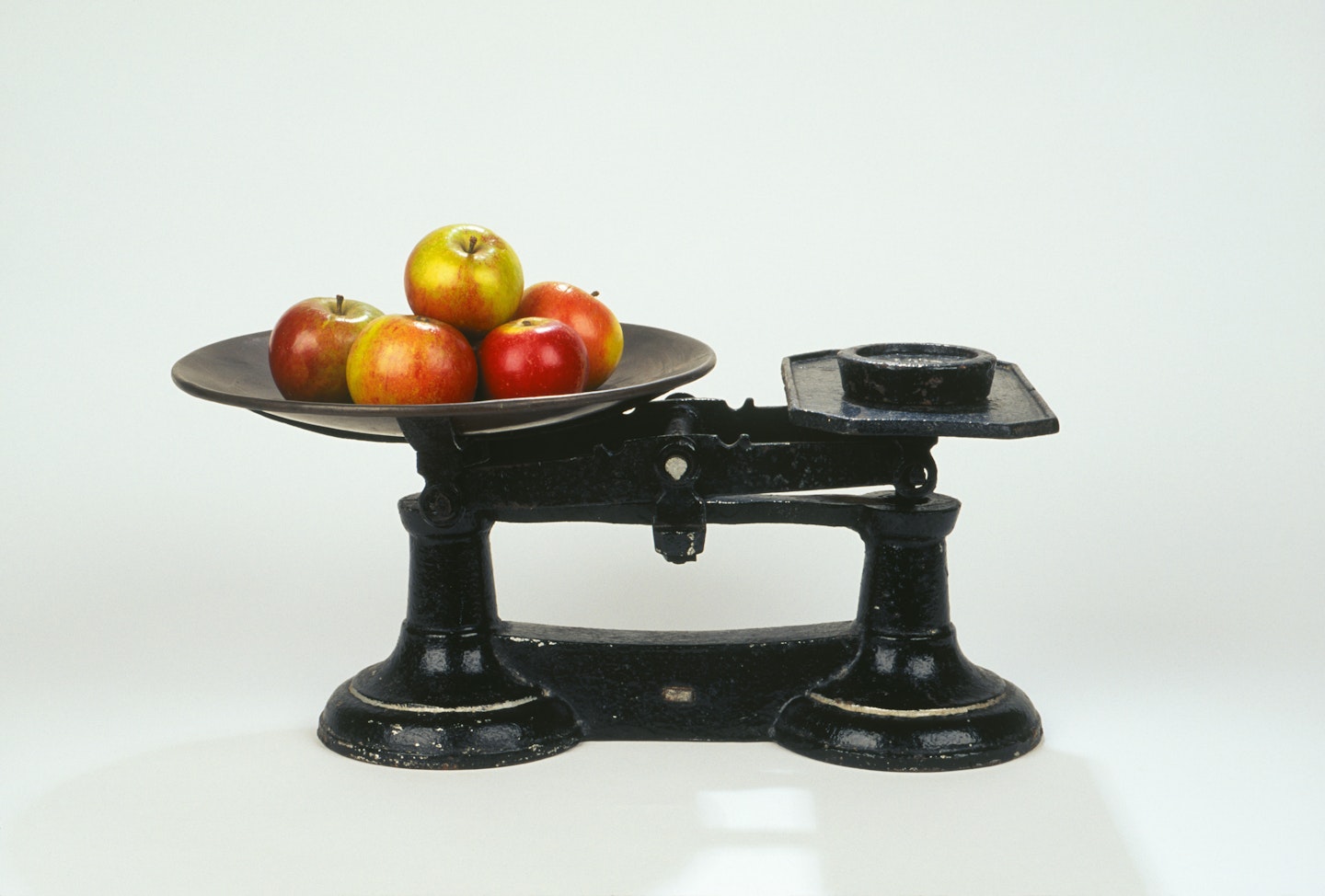
What’s the best way to reduce portion sizes?
When it comes to reducing how much you eat, it's better to gradually decrease your portion sizes. If you suddenly cut your lunch size by half, you’re going to end up feeling hungry all the time - which will probably result in a mid afternoon biscuit-binge.
Your stomach has the ability to shrink, so if you slowly reduce your meal sizes over time, you’ll get used to feeling full from smaller portion, instead of feeling deprived.
It’s also definitely worth investing in some quality kitchen weighing scales, and learning how to only cook exactly as much food as you need.
When you guestimate, you could end up with too much, and that slowly gets picked on throughout the evening. Make sure you know exactly how much you’re eating, and that it’s in line with “suggested servings.”
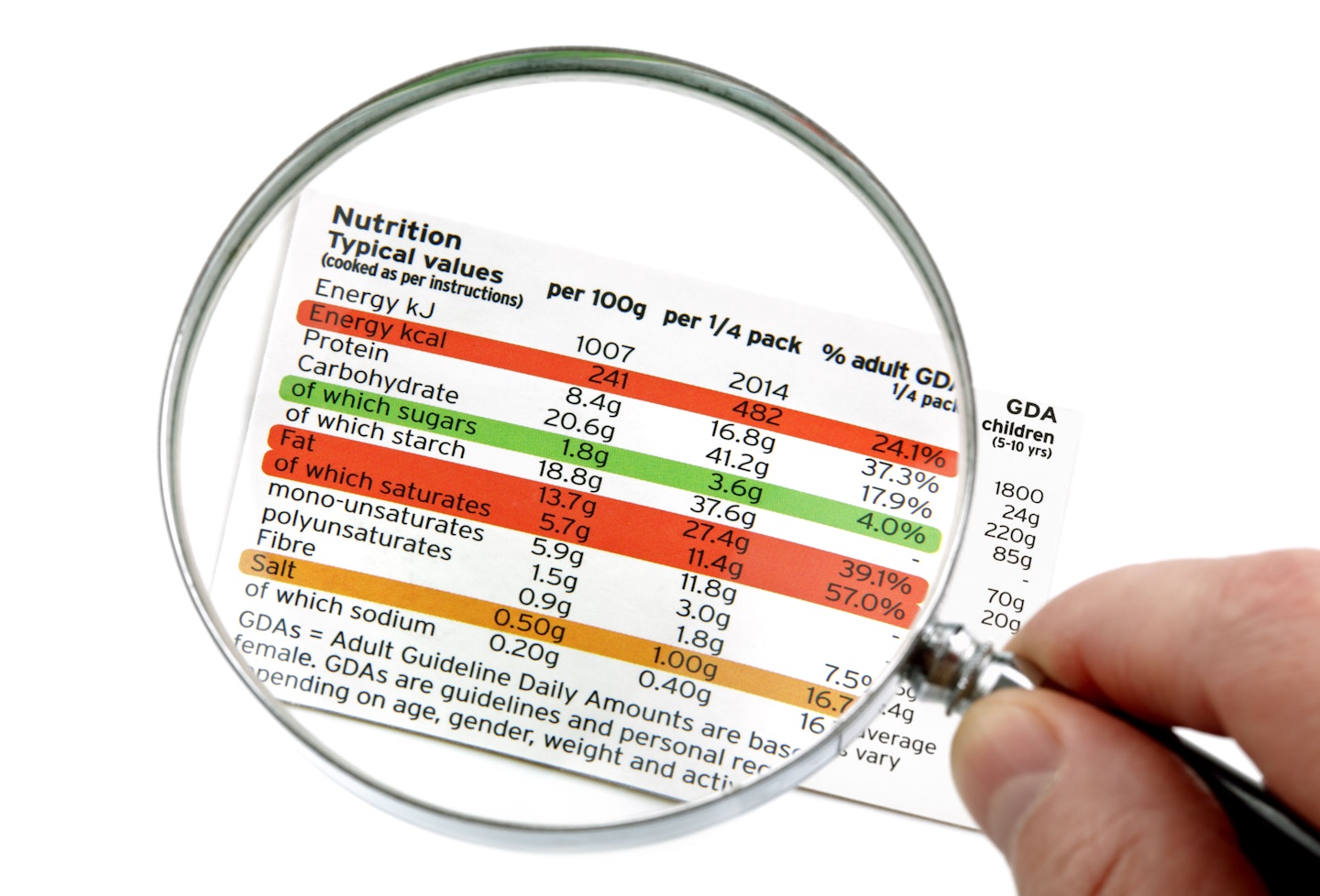
How do we suss out portions when it comes to packaged food?
Ideally, we’d all be able to cook everything from scratch and know exactly what’s in our food. But realistically, we're not Jamie Oliver and we’re all rather busy.
We’ll start by saying don’t be fooled by the buy-more-and-save scam. You don’t need a sharesize bag of crisps just for you and yes, it is buy one get one half price, but one cupcake will suffice. These 'price-saving' offers often result in people eating way above the serving suggestions.
Dr. Norton warns: “Packaged food can have the advantage of offering portion control - but beware. That pack may actually be four portions not one when you check the small print!”
Make sure you read the serving suggestion properly – it may say only 100 calories per serving, but that often only accounts for 30g of the 150g bag.
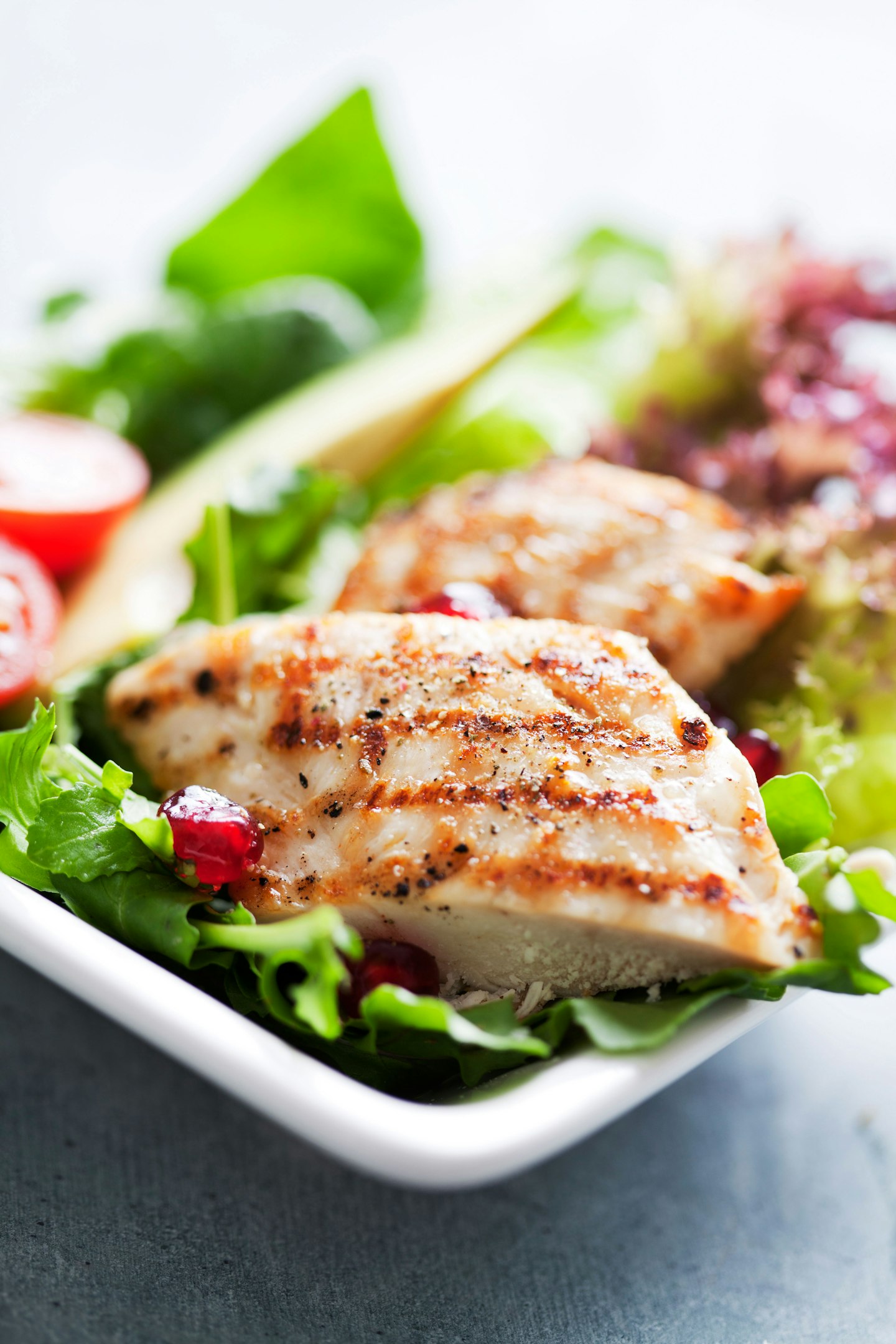
What are the best tips for getting portion sizes right?
As well as being a little more aware, there are practical ways we can both control and decrease the size of our meals…
-
As explained earlier, invest in kitchen weighing scales and get in the habit of using them while prepping every meal
-
For fruit and vegetables, one portion usually equates to a handful. If it’s dried fruit however, half a handful is better. 5-7 fruit portions a day is recommended
-
When is comes to carbs, a fist size portion is about right per meal, which can be consumed up to three times a day
-
Roughly, a piece of protein the size of your palm is enough for one portion, eaten ideally 2-3 times and day.
-
If you’re looking at your dinner plate, one half should be filled with salad/veg, ¼ carbs and ¼ protein.
-
Invest in smaller plates, bowls and lunchboxes. Oversized plates only encouraged us to fill them more, and hence overeat.
-
A pre marked plates, such as Healthy Portion Plate, makes it easier to serve up the right portion sizes
-
When the pains are kicking in, drink a glass of water before you serve or order food to ensure you don’t overdo it because you're eyes are bigger than you're belly
-
Again, don’t be fooled by bigger-size-better-value offers, stick to smaller options when eating out and shopping in the supermarket.
Thanks to:
-
Dr Sally Norton, NHS Weight Loss Surgeon & Consultant, UK Health Expert, Founder of www.vavistalife.com*
Consultant Nutritionist Hala El-Shafie and host of new Channel 4 TV show next week, How to Lose Weight Well. www.nutrition-rocks.co.uk
